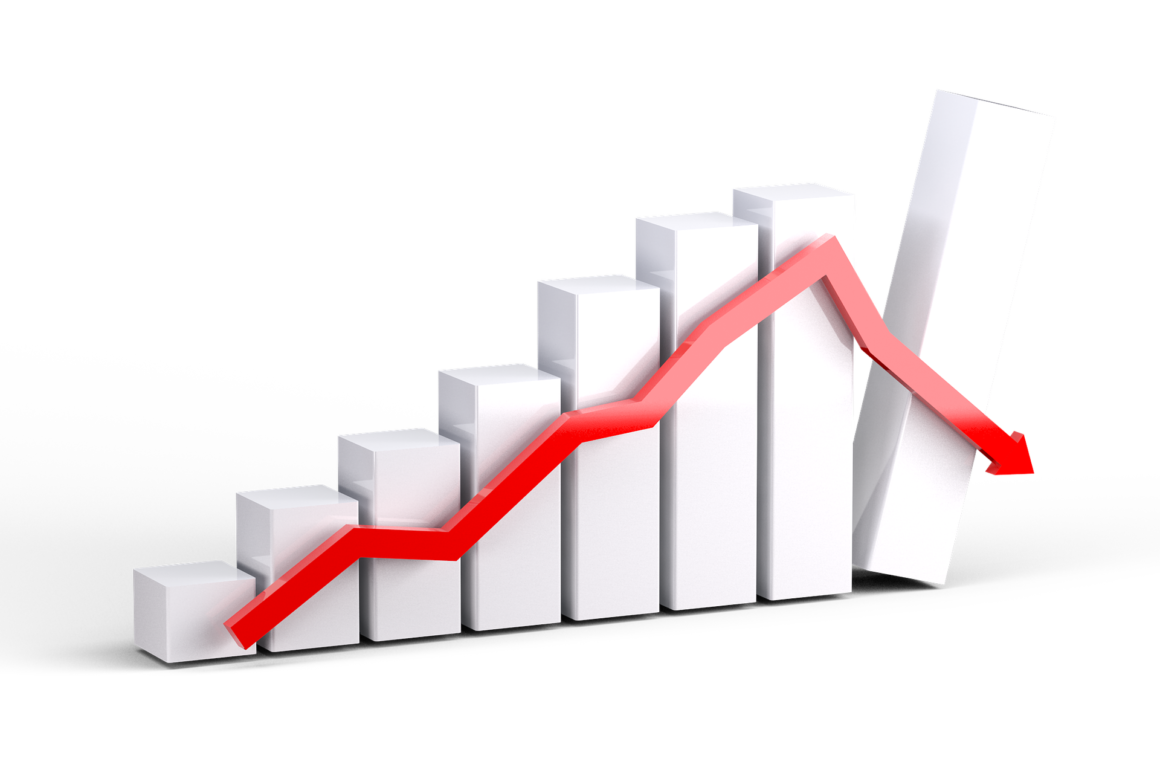
A Recession Is Coming…… Are You Prepared?
Riding the longest wave of economic prosperity ever in modern history, it’s easy to lose sight on one important fact: a recession is coming. No doubt about it, the past 10 years have been very good. The S&P 500 (one marker of stock market performance) has gone up over 200%, inflation remains a cool 1.7% and the number of jobs available for veterinarians has skyrocketed. Need proof? One needs to look no further than the 2,911 jobs posted today on the AVMA job board. Other than incomes remaining stubbornly level, it’s a good time to practice veterinary medicine.
A recession is coming……
All good things come to an end. Since the average length of an economic boom lasts only 4.5 years, this economy is beginning to look “long in the tooth.” But it’s about more than just history. The US economy is dependent on international trade. China, Argentina, the United Kingdom and Germany have all seen signs of an economic slowdown. If these important trading partners slip into recession, they would likely drag the US down with them. And this is ignoring the current trade scuffle with China which is already hammering parts of the US economy.
Yield Curves
Economists carefully watch the yield on short term and long term bonds. Why? Because bonds with shorter maturity dates should offer a lower returns than those with longer maturity dates because in the short run, there should be less risk. Historically, when a recession is looming, short term bonds begin to offer higher rates of return. Currently, we are seeing such an inversion. It’s, not just a momentary fluke, this inversion is bigger and lasting longer than previous ones. We cover this in more detail elsewhere.
Manufacturing is in a slump
Manufacturing in the US has been growing steadily for the past 10 years. Then August came. Manufacturing output in this country fell to the lowest level in over a decade. Automotive manufacturing was hard hit with GM, Chrysler and Ford all selling fewer automobiles this year than last. For Ford, the one-year decline was almost 4%. But it wasn’t just cars that saw production decreases. Downturns were seen throughout the economy.
Recession, a self-fulfilling prophesy
To large extent, the economy is driven by consumer spending. When consumers are feeling good about the future, they spend and this drives economic growth. When their confidence droops, they spend less and the economy contracts. In September, consumer confidence cratered to its lowest level ever! If spending follows, it’s going to be a sad Christmas season. Retailers make the bulk of their revenue during this time. Nothing sais recession like a bad Christmas retail season.
The time to plan for a recession is now!
Whether the recession will come tomorrow or next year, it’s impossible to know. The only sure thing is that it will come. It’s time to prepare. The first and most important piece of advice? Don’t panic! While the average economic boom lasts 4.5 years, the average recession lasts only 1.5 years.
What not to do!
This is not the time to abandon your investment strategy. Economic downturns are excellent opportunities for those that are prepared. There is no doubt, at some point, stock market values will decline. Who cares? The loss is only on paper. It’s not real. Its meaningless. Only if you sell your investments does the loss becomes real. If you look at the stock market over the past one hundred years. no matter how badly the market drops, historically it has always come back and each cycle goes higher. So what should you do? You should continue to invest. In the long run stock market declines actually improve performance – if you don’t sell. We discuss how to take advantage of stock market decreases elsewhere.
So what should you do?
First, if you have any credit card debt, get rid of it. Pay it off first. The average credit card charges 19.2% interest. It should be illegal to charge this much, but it’s not. Sit down and make a plan to have it paid off.
Second, if you don’t have an emergency fund with at least enough to cover 3 months of essential bills, it’s time to start! By essential I mean that if you had to live a Spartan life style for a few months what would you need to survive. Things like rent, mortgage, student loans, car payment, insurance (health, car, disability, etc.), minimum credit card payments, utilities, etc. are all essential. Restaurants and vacations are not. Also consider “if I had to relocate, could I afford it.”
You may see that some sources quote a “6-month rule” – that you need at least 6 months of savings put aside for an emergency. For people with specific skill sets or in some smaller industries, this certainly makes sense. Veterinarians are usually able to find a new work reasonably quickly, even if that means covering a few emergency shifts while looking for that perfect clinic. We cover the importance of the emergency nest egg in detail here.
Third, it’s time to review your current expenses. The time to cut spending is now. If you don’t have a budget, now is the time to develop one. Need help? Consider hiring a financial coach. Look over those small monthly subscriptions. I just did and discovered that I was paying twice for a premium video subscription service. Like eating out? Probably not as much as I do! Now might be the time to cut back. Put the savings back into paying off expensive debt and an emergency fund.
Its all part of life!
Economic booms and busts are part of life and nothing to fear, if we are prepared. Don’t panic, pay off those expensive credit cards, make sure your emergency fund is sound and make sure you are living within a well-planned budget. Lastly, remember better times are always ahead!




